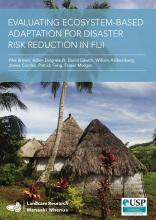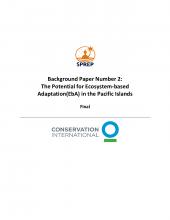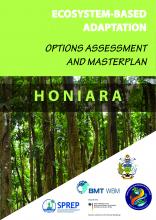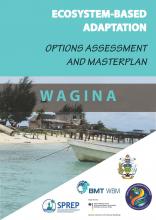Proceedings of the Helping Islands Adapt Workshop on regional action to combat invasive species on islands to preserve biodiversity and adapt to climate change, 11-16 April, 2010, Auckland, New Zealand

BRB
Available Online
Sheppard, Brian
,
Singleton-Cambage, Krista
2010
The Helping Islands Adapt workshop was held in Auckland, New Zealand between the 11th and 16th of April 2010 to support regional action against invasive species on islands, in order to preserve biodiversity and adapt to climate change. It arose from decisions under the Convention on Biological Diversity (CBD) relating to invasive alien species and island biodiversity, and was hosted by the Government of New Zealand with support from a number of partner organisations and countries. The workshop focused on four major island regions: the Caribbean, Coral Triangle, Indian Ocean and Pacific, and involved participation by 82 people from 24 countries and territories, and 29 national, regional and international organisations (see participants list in Appendix 5). The workshop was specifically designed to allow for the maximum exchange of experience and support between representatives from diverse island regions working in invasive species management. It also included a field inspection of one of the Department of Conservations invasive species management projects on Rangitoto Island in Aucklands Hauraki Gulf. The workshop built on efforts under the Cooperative Islands Initiative, a partnership launched at the World Summit for Sustainable Development and the CBD 6th Conference of the Parties in 2002. Its intended outputs had been agreed by the organisers steering committee and set out as a 'road map that was used to ensure clarity of the workshops intended purpose, outputs and outcomes. An overview of the workshop, its sponsors, participants and conclusions was developed during the workshop and submitted to the 14th ?Subsidiary Body on Scientific Technical and Technological Advice (SBSSTA 14) to the Convention on Biological Diversity (CBD) in Nairobi 10-21 May 2010. That report is provided in full in Appendix 5 to these proceedings.









